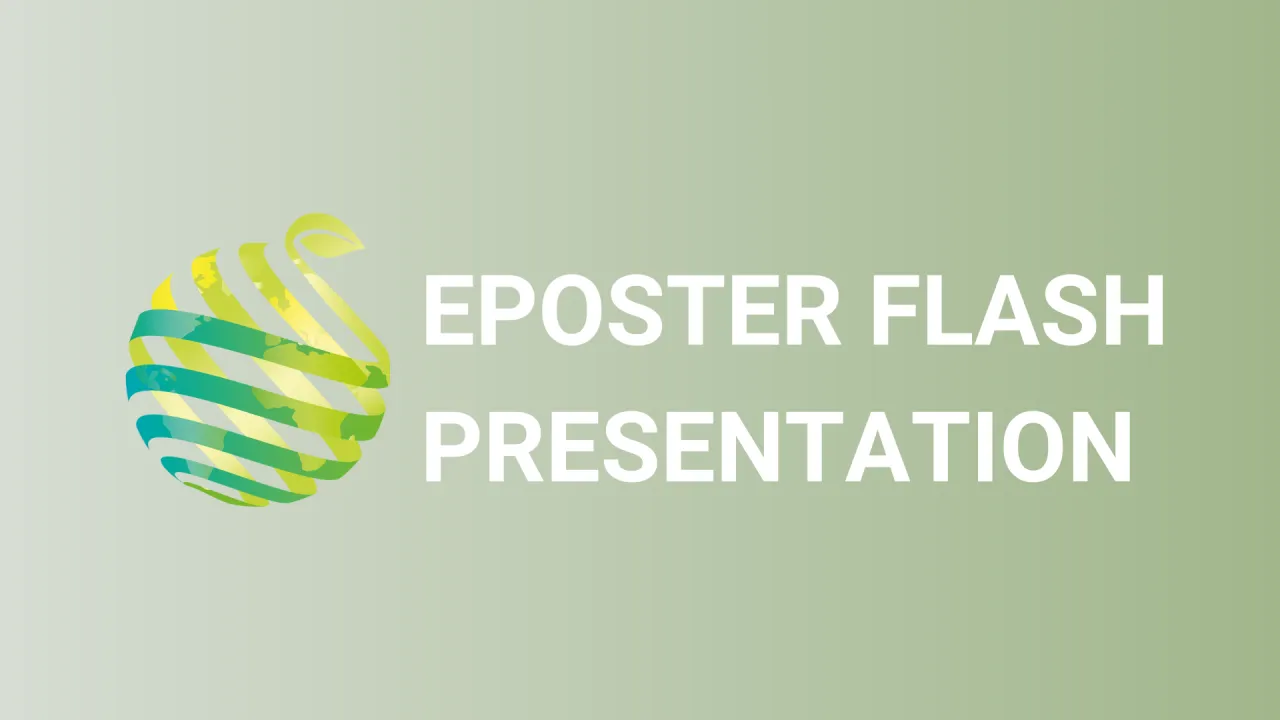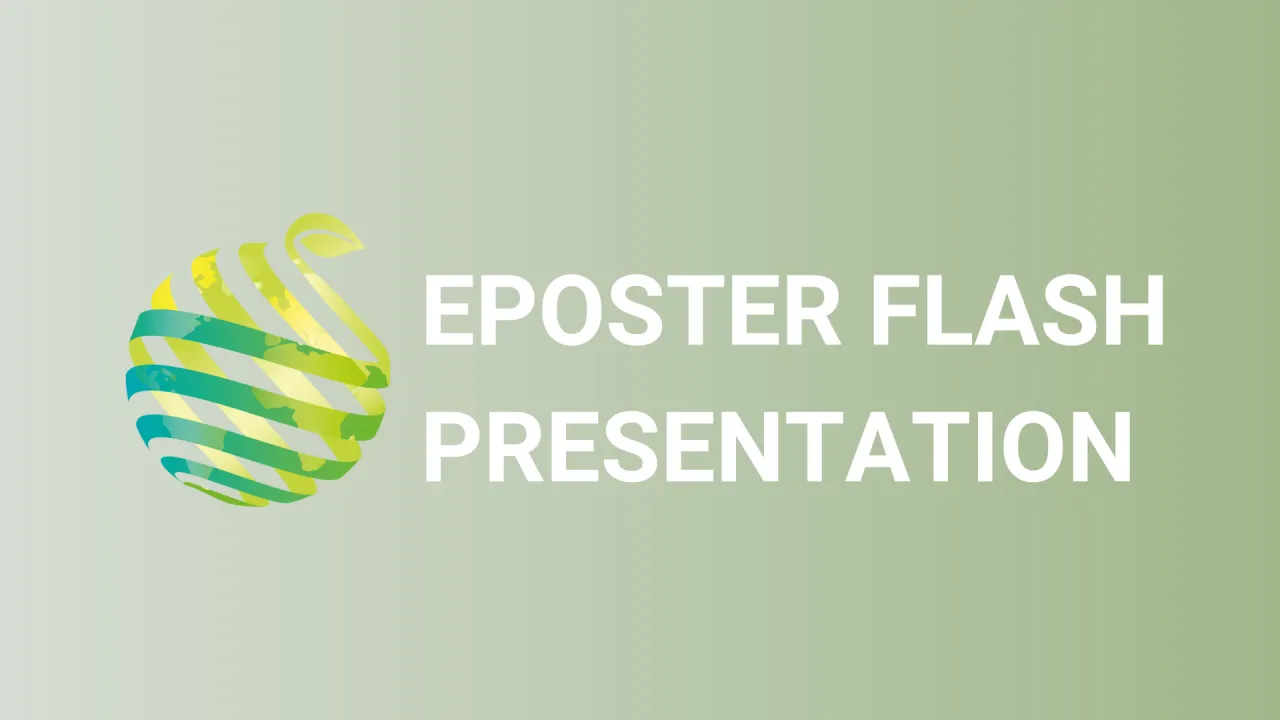

S11 - Session P1 - Chickpea yield, quality, antioxidants and elemental composition as affected by planting time in southern Italy
Information
Authors: Alessio Tallarita *, Nadezdha Golubkina, Eugenio Cozzolino, Antonio Cuciniello, Roberto Maiello, Vincenzo Cenvinzo, Gianluca Caruso
Planting time has an important impact on yield and quality performances of crop systems and, therefore, it is crucial to identify its most effective matching to each growing area. Research was carried out in southern Italy, in 2016-17 and 2017-18, to determine the effects of planting time applied at 6 levels (from 30 October to 29 March at 30-day intervals) on plant growth, seed yield, quality, antioxidant and elemental status of open field grown chickpea landrace Cicerale. Seed yield was negatively affected by the planting delay, due to the reduction of seed number per plant from the first to the last planting time. Total dissolved solids increased with the planting time delay, whereas proteins, polyphenols and antioxidant activity showed the opposite trend. The content of nitrogen, phosphorus and calcium was positively affected by the earliest planting times, whereas potassium content increased with the planting delay. From the present research, it can be inferred that in southern Italy agricultural plains, chickpea can be successfully grown starting from mid- autumn, whereas the late winter to early spring plantings cause a dramatic yield reduction.